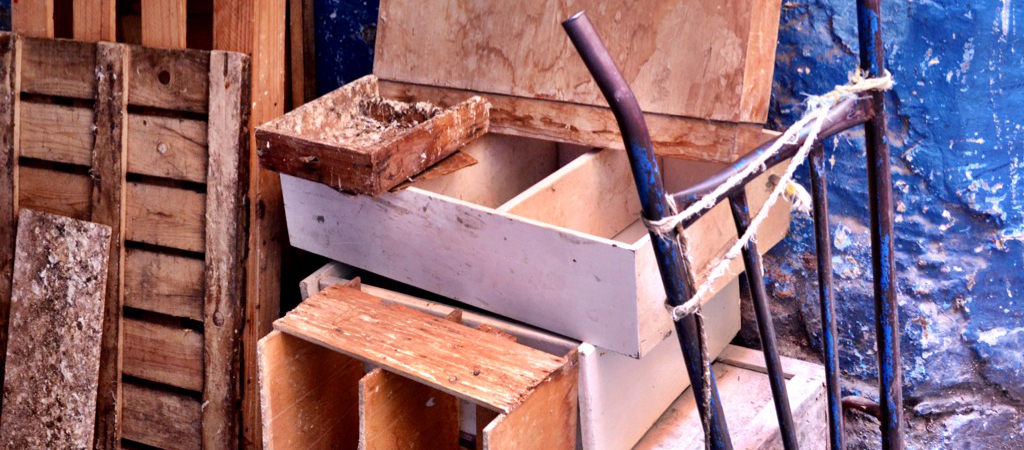If I allow myself to be a companion of the poor, if they give me their permission to walk with them…
I’ve been reading a book called Spiritual Journeys – An Anthology of Writings by People Living and Working with Those on the Margins, compiled and edited by Stanislaus Kennedy. Some of the contributors to this book include Jean Vanier and Henri Nouwen (my favorites).
The book includes a chapter by Edward J. Farrell – who had been a priest working in a poor parish in inner-city Detroit. I wanted to share some of what he said in this book…
* * *
Immense gaps between people exist worldwide. Such disproportionate inequity touches every sphere of human existence: the economic, the educational, the psychological, and the cultural.
Life is not fair.
The experience of the poor has confronted me with my own poverty. I am poor because I never had the genius to make a significant difference for people in need. I am poor because I have done so little. I am poor because I live so comfortably. The Gospel is a constant reminder to me that I must… live for the poor, that I must be in solidarity with the poor, that the poor will set me free.
Who are the poor? What are my images of the poor? How do I “feel” about the poor?
There are so many who are truly poor. There are those who are poor in their capacity to relate to others because they have spent their lives unloved. They have always been treated with anger, with rejection, with insensitivity. No one has ever truly cared for them. There are the poor who are depressed, who have no joy, no “wine,” nowhere to lay their heads, no-one to rely on, nowhere they can find true comfort for the sorrows that rack their souls. The poor are those who cannot care for themselves because of physical, emotional, or mental disabilities. The poor are those who are chronically sick or chronically unhappy. The poor are those who are educationally delayed, culturally amoral, politically immoral, or spiritually anorexic. There are poor in every social stratum of society.
Sometimes the poorest among us are those who do not even recognize our own poverty.
I am tempted to run away from not only my own pain but to escape the untold, obvious pain of other lives. I attempt to flee into amnesia, into inertia, into judgment and condemnation, into moralizing, into television, into my own little world and cry out, “I don’t care.”
I make the world the size of my own family and my circle of friends.
I make the world the size of my own needs, wants, perspectives, and comfort.
I am overwhelmed. I ask, “What can I do about it? Can I do anything? Will anything I do make a difference?”
What overwhelms me is not just the simple facts, but that so few seem to care.
I am astonished when I hear good Christians say, “They are not my responsibility, it is none of my business, this is the way life is, you accept and live with it, the poor you will always have with you.”
I am coming to understand that the “poor” are the physically and spiritually numb, the well-off and talented people who have lost their capacity for compassion, who do not see, hear, or feel—whose very possessions and talents have so absorbed and diminished their humanity that they cannot experience anyone outside their immediately family.
If our love of compassion is not developed, we lose the capacity to love ourselves, and we have to “love” things that cannot respond to love—and the human heart dies.
I become more and more conscious of the cultural slogans which bombard us: “Be happy any way you want, Enjoy yourself, Do it, Who cares? Take care of number one, Live as comfortably as you can, Why bother? Be carefree.”
I am tempted to become a spectator, an observer of life and others.
If I allow myself to be a companion of the poor, if they give me their permission to walk with them, then I am constantly forced to ask myself these questions: What can I do without? What can I give away? What time and energy do I make available for others? When have I been extravagant? Foolish? With whom do I make friends? Those who are only like myself or those who are different from me? Those who have not had the opportunities and advantages I have been given? Whom do I invite to my table? Those who can invite me back? Or do I go out into the streets and bring in the poor, the lame, the blind, the homeless, the “lepers” of our society, those who have no ability to return the favor to me? Why do I avoid the poor? What can I do in response for all that has been given to me?
Why do I know so much and do so little?
I am so indebted to those whom the media call “poor.” How they have shaped and formed my life! How they have ministered to me and given me themselves—their friendship, their wisdom, and courage! How poor a disciple I have been of theirs! How I have been embarrassed by their generosity!


Leave a Reply